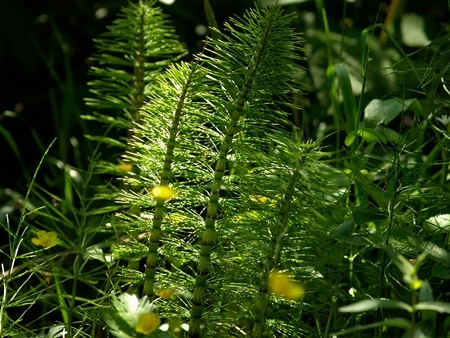Description
OrderFood Supplement
Field horsetail is a seedless, spore-bearing perennial herb that grows to a height of up to 90 cm. In the Czech Republic, it is widespread in lowlands and mountainous areas. It has positive effects on the urinary tract, liver, and cardiovascular health, promoting artery elasticity. It is recommended for the proper respiratory system function. It has a mineralizing effect on the skin, hair, and nails, refreshes the body, and supports the body’s resistance to external influences. It has a favourable effect on the joints.
Contents: 100% Equisetum arvense herba, 300 mg/capsule. Capsule shell: HPMC (hypromellose). Plant-based capsules suitable for vegetarians and vegans.
Recommended dose and instructions: Use 2 capsules 2x per day 20 min. before food.
Warning: This product is not a substitute for a balanced diet. Not suitable for children under 3 years. Do not exceed the daily recommended dose. Close tightly and store in a dark, dry place out of reach of children.
Count: 120 pcs


